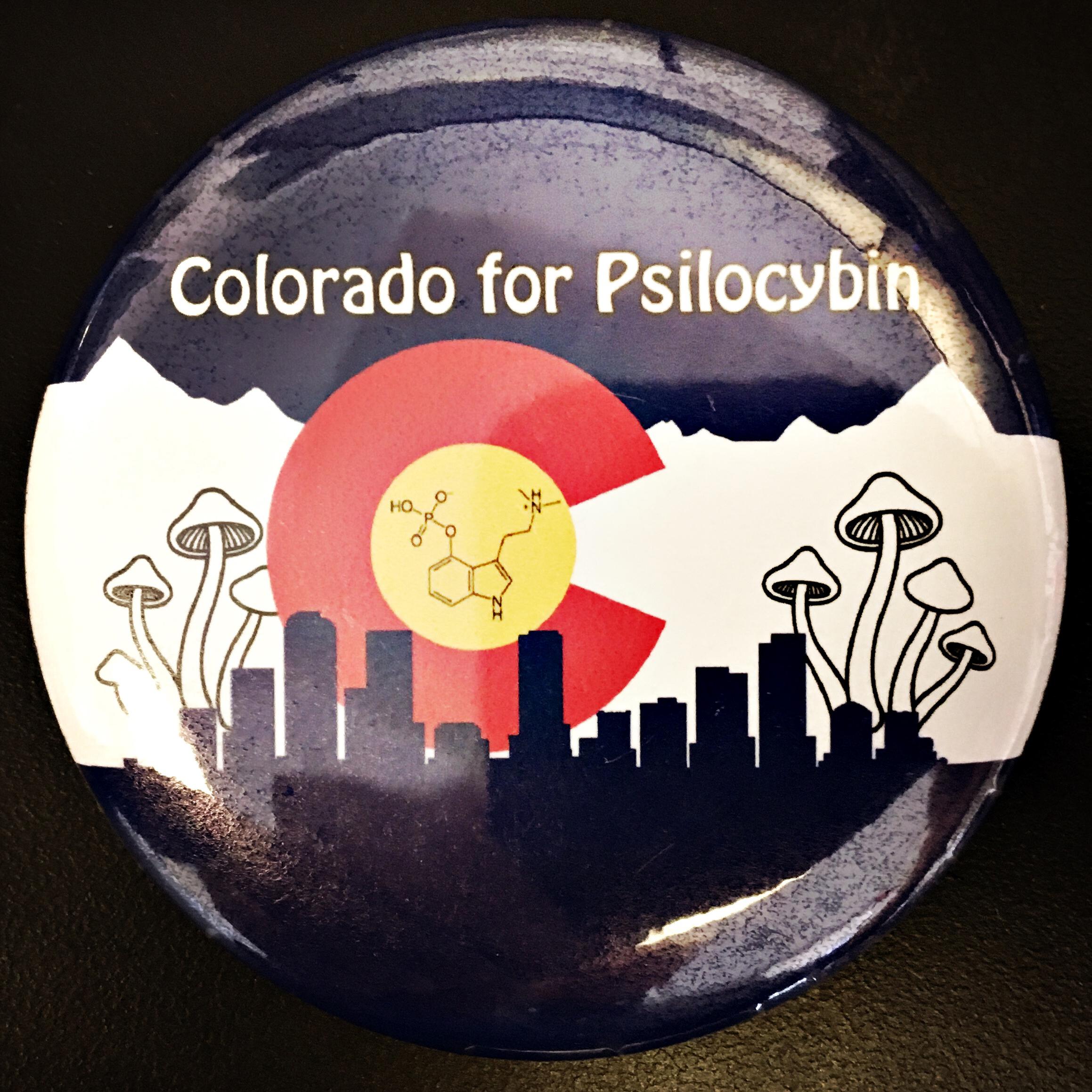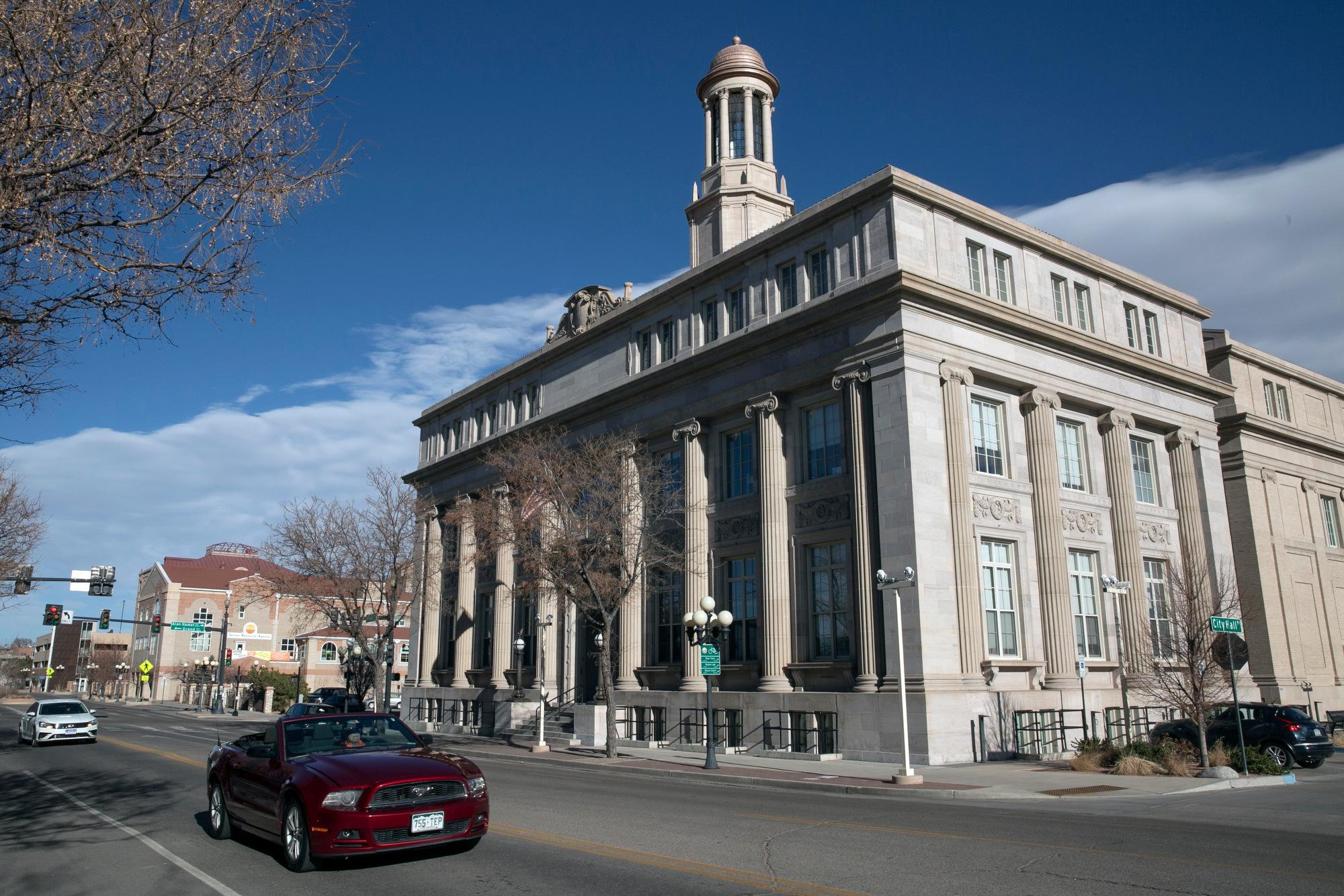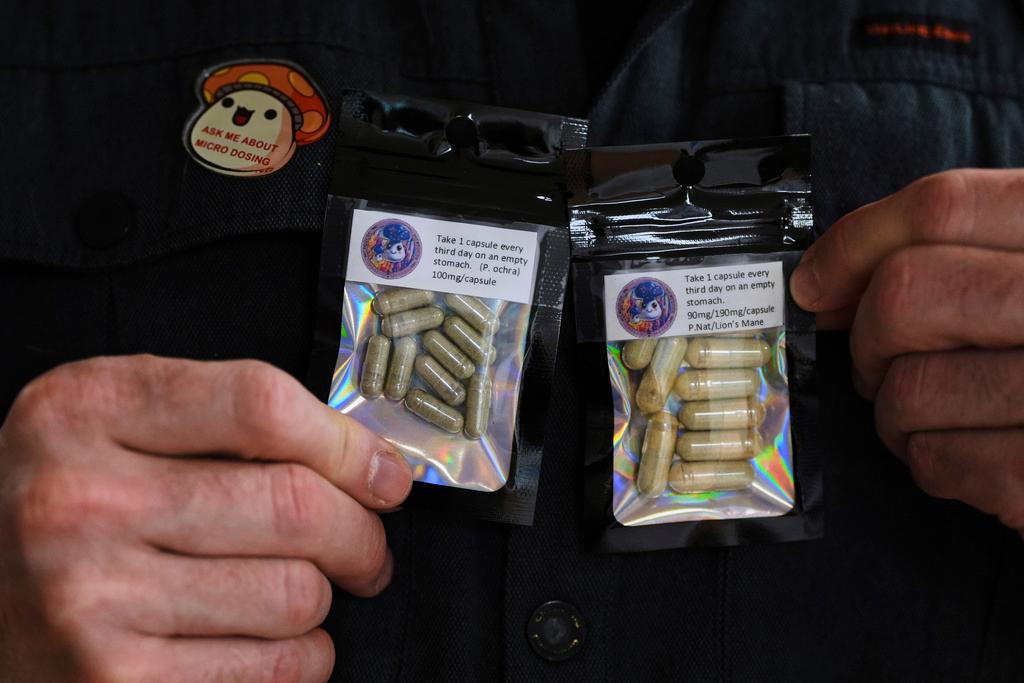

First came the weed. Now, maybe it’s the mushrooms.
After a few rousing chants of “free the spores,” a small group of roughly 20 citizens filtered into the Denver city and county building Monday for a meeting with city officials and emerged knowing they may soon have the all-clear to gather signatures on a measure to decriminalize psychedelic mushrooms.
The group calls itself Colorado for Psilocybin after the fungi’s scientific name. Their proposed measure would do away with felony charges for people caught with mushrooms, and make them the lowest enforcement priority for Denver police.

Anyone caught with more than two ounces of dried mushrooms, or two pounds of uncured “wet” mushrooms, would be subject to a citation: less than $99 for the first offense, increased by increments of $100 for subsequent offenses, and never more than $999 per citation.
Tyler Williams, one of the leaders of the Psilocybin Decriminalization Initiative, says the marijuana legalization efforts of yesteryear did provide a helpful roadmap when constructing the initiative. Williams is a believer, too. He’s a co-founder of the Denver chapter of the Psychedelic Club at the University of Colorado Boulder.
“I’m a big believer in cognitive liberty, and so whatever people decide to consume I think is up to them,” Williams says. “I think people should be informed about what they are consuming, and they shouldn’t have to be afraid of going to jail for that.”
Williams adds that he feels psilocybin offers mental health, and spiritual and intellectual benefits.
During the group’s meeting with city officials, Williams pointed to examples of changing tides in drug policy elsewhere. A 2005 appeals court decision in New Mexico effectively legalized the cultivation of psilocybin. Last year, Oregon reduced possession charges for many illegal drugs from a felony to a misdemeanor. California voters approved a similar measure in 2014.
Another state may beat Colorado to the ballot: California may vote on a similar measure later this year.
Kevin Matthews, who helps lead the campaign and helped draft the initiative, says now is the right time for Denver to decriminalize, based on recent studies on the possible medicinal applications of psychedelics.
“I’m proud to say that psilocybin has had a pretty massive impact on my life,” Matthews says. “I struggled with depression for years, I was diagnosed with major depression as a teenager."
Matthews says he and other advocates want people to use psilocybin responsibly, so that they can have the best experience with it.
“It’s helped me tremendously with my own mental health and on top of that, with creativity, and really being able to just explore different aspects of myself, and really get some healing from the inside out,” he says.
Matthews points to a study by Johns Hopkins University that found psilocybin users dealing with cancer-related stress reported lasting positive effects one year later. A New York University study produced similar results.
Another study conducted at London’s imperial college last year found that it could help treat stubborn cases of depression.
That’s why Michele Ross joined the campaign to support the initiative. She’s a neuroscientist and the director of Impact Network, a nonprofit focused on medical marijuana and women's health. “We could apply lessons from cannabis legalization and apply them to psilocybin legalization,” she said. “There’s no reason that both shouldn’t be legalized because psilocybin or magic mushrooms are just as safe as cannabis.”
Ross also says she uses psilocybin as well as cannabis to treat her depression and post-traumatic stress disorder.
“I use many different natural substances,” she says,” but psilocybin is one thing that helps me overcome depression in a way that cannabis hasn’t.”
Monday’s meeting was a public hearing to hash out the phrasing and other questions about the initiative, such as enforcement. The next step will be to submit petition materials for review with the Denver Elections Division. If and when that body gives final approval, the pro-mushroom advocates can begin gathering signatures to get the initiative on the ballot this fall.









